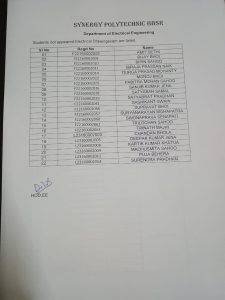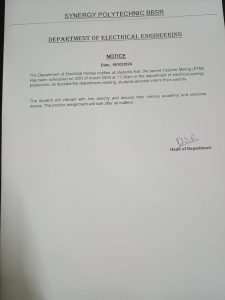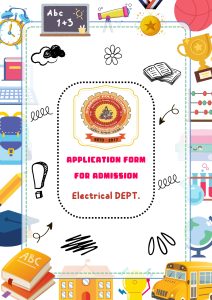Welcome to the Department of Electrical Engineering, synergy polytechnic, Bhubaneswar . The Department of Electrical Engineering was established in the year 2017. It aims at producing qualified engineers in the areas of electrical machine, power electronics, control system, power system, and instrumentation. The field of Electrical and electronics is advancing at a very rapid pace. Power electronics has taken the center stage in every area be it power systems, control systems, power quality, etc. The department is well equipped with a group of highly qualified and dynamic teachers. It boasts of laboratory facility to be one of the best in the state. The students are encouraged and motivated to take up challenging projects. Summer training, industrial visit and projects are carefully planned for the students to remain updated with the technology trend. Seminars and short courses are regularly organized to update the students with the latest in the education and industry trends.
The department has the following well equipped labs to cater the needs of the diploma students
- Electrical machine lab – 1 & 2
- Electrical workshop
- Circuit & simulation lab
- Power ETC and drive lab
- Analog ETC lab
- Digital ETC & microprocessor lab
- MATLAB
- Innovation lab(project)
- PLC , SCADA & HMI lab
- Electrical drawing hall
- To offer good quality education & research in Electrical Engineering.
- To provide the knowledge base and consultancy services to the rural and weaker section of the society for their upliftment and well-being.
- To bridge the gap between industry and academia by framing curricula and syllabi based on industrial and societal needs.
- To become a front-runner in bringing out globally competent electrical engineers, innovators, researchers, and entrepreneurs and thereby contribute value to the knowledge-based economy and society.
- To prepare an effective, dynamic, competent electrical engineers who are able to contribute optimally to the growing nation whilst maintaining solid social responsibility as well.
- To prepare engineering graduates with deep understanding of fundamentals of Electrical Engineering.
- To prepare professionals with good technical skills, positive attitude and ethical values.
- To collaborate with industry, research organizations and academia to encourage creativity and innovation.
- To provide them a platform for developing new products and systems that can help industry and society as a whole.
The program educational objectives of the Electrical Engineering Program are that its graduates could demonstrate the following essential components of a successful engineer and/or consultant within three years of study:
- To train the students of Electrical Engineering program so that they can work with government or private sector companies responsible for development of power sector & prove themselves in electrical maintenance for the industry.
- To train students of Electrical Engineering program who can contribute to teaching profession, research & development by pursuing higher studies.
- To train students of Electrical Engineering program in a manner that they should function effectively in the multicultural and multidisciplinary groups in their practice of Electrical Engineering profession.
Engineering Graduates will be able to apply:
- Engineering Knowledge: Apply the knowledge of mathematics, science, engineering fundamentals, and an engineering specialization to the solution of complex engineering problems.
- Problem Analysis: Identify, formulate, review research literature, and analyze complex engineering problems reaching substantiated conclusion using first principles of mathematics, sciences, and engineering sciences.
- Design/development of solutions: Design solutions for complex engineering problems and design system components or processes that meet the specified needs with appropriate consideration for the public health and safety, and the cultural, societal, and environmental considerations
- Conduct investigations of complex problems: Use research-based knowledge and research methods including design of experiments, analysis and interpretation of data, and synthesis of the information to provide valid conclusions.
- Modern tool usage: Create, select, and apply appropriate techniques , resources, and modern engineering and IT tools including prediction and modelling to complex engineering activities with an understanding of the limitations.
- The engineer and society: Apply reasoning informed by the contextual knowledge to assess societal, health, safety, legal and cultural issues and the consequent responsibilities relevant to the professional engineering practice.
- Environment and sustainability: Understand the impact of the professional engineering solutions in societal and environmental contexts, and demonstrate the knowledge of, and need of sustainable development.
- Ethics: Apply ethical principles and commit to professional ethics and responsibilities and norms of engineering practice.
- Individual and team work: Function effectively as an individual, and as a member or leader in diverse teams, and in multidisciplinary settings.
- Communication: Communicate effectively in complex engineering activities with the engineering community and with society at large, such as, being able to comprehend and write effective reports and design documentation, make effective presentations, and give and receive clear instructions.
- Project management and finance: Demonstrate knowledge and understanding of the engineering and management principles and apply these to one’s own work, as a member and leader in a team, to manage projects and in multidisciplinary environments.
- Life-long learning: Recognize the need for, and have the preparation and ability to engage in independent and life-long learning in the broadest context of technological change.
- Graduates will demonstrate their knowledge in effective implementation during their practice of profession of Electrical Engineering with due regard to environment and social concerns.
- Graduates will demonstrate their knowledge in analysis, design, erection and laboratory experimentation regarding Electrical Engineering.
- Graduates will be motivated for continuous self-learning in engineering practice and pursue research in advanced areas of Electrical Engineering in order to offer engineering services to the society, ethically.
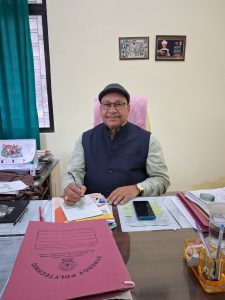 | Name: Er. Dharanidhar Sahu |
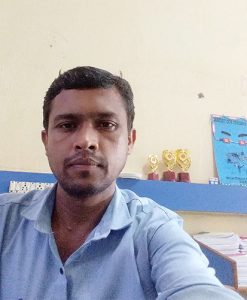 | Name: Er. Dilip Kumar Nayak |
Name: Er. Soumyasree Mohapatra | |
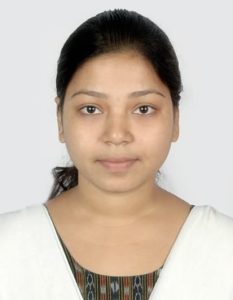 | Name: Er. Saswati Sangamitra Pradhan |
Name: Er. Devsmit Lenka | |
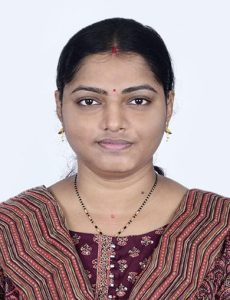 | Name: Er. Rosalin Samal |
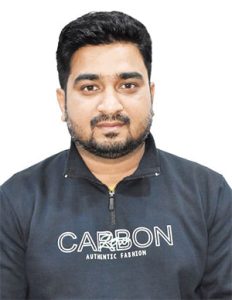 | Name: Er. Rashmi Ranjan Pradhan |
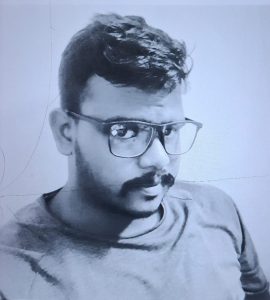 | Name: Er. Satyabrata Pradhan |
Name: Er. Radhanath Mohanty | |
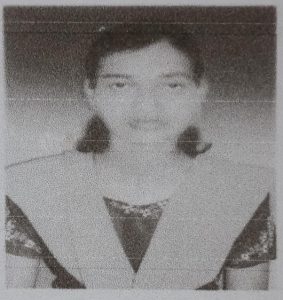 | Name: Er. Swayamprava Nayak |
UTILIZATION-OF-ELECTRICAL-ENERGY-TRACTION
DIGITAL-ELECTRONIS-MICROPROCESSOR – Copy
| Electrical Engineering 3rd Semester | Rosalini Samal EEM 3rd Semester EME 3rd Semester LP Lesson plan Circuit Network Theory 3rd Semester Lesson plan Elements of Mechanical engineering 3rd Semester |
| Electrical Engineering 4th Semester | Satyabrat Pradhan AEC 4th Sem EC-I 4th ED 4th GTD 4th |
| Electrical Engineering 5th Semester | Satyabrat Pradhan DE and Micro Process. 5th Semester EC-2 5th Semester LP Lesson plan EC-II 5th Semester Lesson plan Power Electronics and PLC 5th Semester UEET 5th Semester LP |
| Electrical Engineering 6th Semester | Electrical 6th Renewable Energy 6th SGPD 6th |
